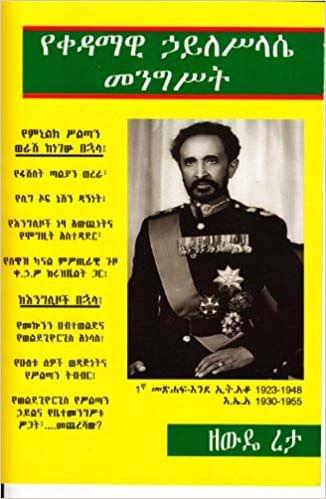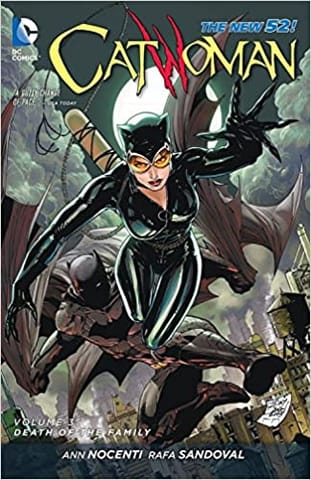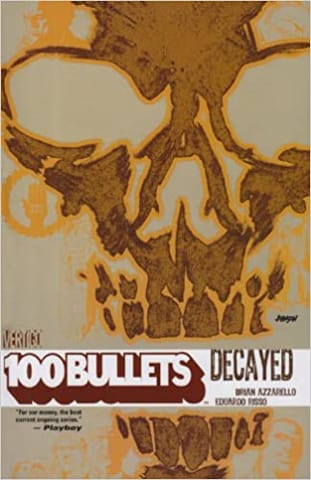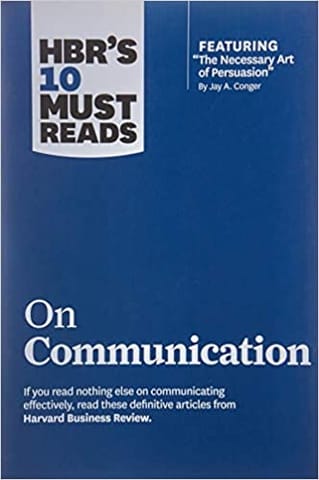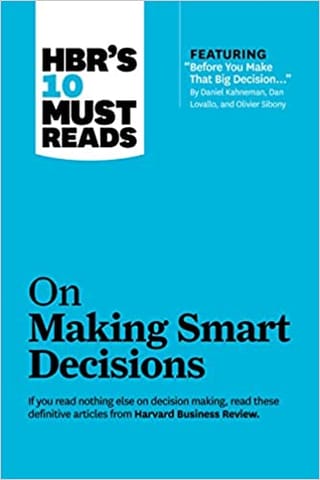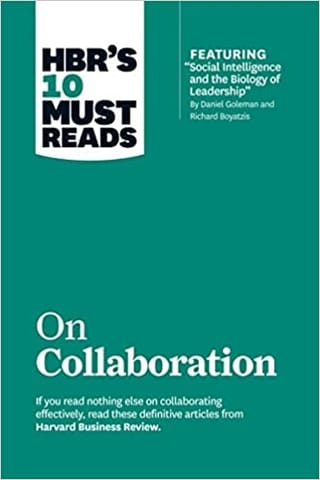true
"VV Square"building, Plot.No.TS 710/1b1 & 2B1, CMC Ward No 18, Moka road, Gandhinagar, Ballari-583 101. 583101 Bellari IN
Best Residential School And College Bellary
"VV Square"building, Plot.No.TS 710/1b1 & 2B1, CMC Ward No 18, Moka road, Gandhinagar, Ballari-583 101. Bellari, IN
+918050151380 https://www.trendypaper.com/s/5b1a00c581a9afd8ff765190/ms.settings/5256837ccc4abf1d39000001/5b928defbda50e15d4c76434-480x480.png" [email protected]9788131809389- 5bf400ff0432c03bb0c90691 The Government of Emperor Haile Selassie I (1930-1955) (Amharic Edition) https://www.trendypaper.com/s/5b1a00c581a9afd8ff765190/ms.products/5bf400ff0432c03bb0c90691/images/5bf400ff0432c03bb0c90692/5bf401010432c03bb0c90694/5bf401010432c03bb0c90694.jpg The second volume of a trilogy on Emperor Haile-Selassie's life and times, this book opens with the reformist young Emperor on the Ethiopian throne in 1930. Although he had started his reforms as heir apparent to the throne, he had been opposed by conservative adversaries. Less constrained as Emperor, he was able to introduce the first written constitution, expand general education, reform public administration, and create a rudimentary army to secure the nation against the increasingly menacing threats from the European colonial powers; especially Italy. As feared, Italy embarked on a pretext to provoke a conflict. This was a frontier incident with Somalia. Mussolini, claimed that the Ethiopians had crossed the border and precipitated an incident. In reality, it was he who had done just that. He now proceeded to send troops, tanks, heavy artillery, and warplanes to defend Italian lands. Emperor Haile-Selassie requested the League of Nations to intervene. The League was indecisive. Italy invaded Ethiopia in the fall of 1936. The Emperor appeared before the League where he made his prophetic address that what had happened to Ethiopia, a member state, would soon spread and find new victims among its other members. He reminded the organization of its collective security mandate to come to Ethiopia's assistance and warned that, whatever it did or failed to do, God and history will remember your judgment. Zewde brings this fascinating story to life with new details preceding the Emperor's address and of how the address was put together, its delivery, the whistles and catcalls of Fascist journalists in an attempt to interrupt the address, and the Chairman's order that the savages be thrown out of the hall. Zewde later describes the Emperor's exile years in London, his continued efforts to secure global awareness for Ethiopia's cause and how, as he had warned, League inaction eventually emboldens Mussolini and Hitler to provoke a global war. A man whose presence in England had been regarded as an embarrassment is instantly transformed into an ally. Winston Churchill arranges for Emperor Haile-Selassie to be flown to the Sudan, a British colony, from where he would proceed to his country. Once inside, Haile-Selassie was joined by Ethiopian resistance and British forces entering the country from Kenya and the Sudan. The Italians are evicted and the Emperor reinstated. With admirable lucidity Zewde goes on to unveil the drama of how the British military and the colonial office quickly launched a plan to turn Ethiopia into a British protectorate. The Emperor responded with his own plan to reclaim authority. One aspect of this was to seek U.S. assistance. In a daring secret trip to Cairo, the Emperor met with President Roosevelt and laid the foundations for a relationship that would ultimately reduce Ethiopia's dependence on Britain. It took two full years, however, for Haile-Selassie's plan to bear fruit. Eventually he managed to get Churchill to restrain his overzealous military. Hardly anywhere does this strange episode of World War II come out in such captivating and authentic detail. With conservatives weakened by the effects of the war, Haile-Selassie could proceed vigorously with his reforms. In this he was assisted by men of modest social backgrounds who, unlike the conservative class, had fully embraced his reforms. His right hand man was Wolde-Giorgis, a personal aide who had been with him during his years of exile. Zewde describes the different political factions with unmatched authority, such was his proximity with one of the strong actors of the liberal class. Indeed, key portions of his material were obtained from this source. An experienced journalist and diplomat, Zewde offers us an account which is at once vivid, rich in detail, and entertaining. 9788131809389-
out of stock INR 195
Laxmi Publications Pvt. Ltd
1 1
Email ID already exists!
Your Current password is incorrect
Password Updated Successfully
Thanks for your Feedback
- Home
- Popular Categories
- The Government of Emperor Haile Selassie I (1930-1955) (Amharic Edition)
The Government of Emperor Haile Selassie I (1930-1955) (Amharic Edition)
Author: Zewde Retta (Author, Editor), Laxmi Publications (P) LTD (Illustrator)
Brand: Laxmi Publications Pvt. Ltd
ISBN: 9788131809389-
₹195
₹214.5 (9% OFF)Sold Out
Sold By: trendypaper
| VARIANT | SELLER | PRICE | QUANTITY |
|---|
Description of product
The second volume of a trilogy on Emperor Haile-Selassie's life and times, this book opens with the reformist young Emperor on the Ethiopian throne in 1930. Although he had started his reforms as heir apparent to the throne, he had been opposed by conservative adversaries. Less constrained as Emperor, he was able to introduce the first written constitution, expand general education, reform public administration, and create a rudimentary army to secure the nation against the increasingly menacing threats from the European colonial powers; especially Italy. As feared, Italy embarked on a pretext to provoke a conflict. This was a frontier incident with Somalia. Mussolini, claimed that the Ethiopians had crossed the border and precipitated an incident. In reality, it was he who had done just that. He now proceeded to send troops, tanks, heavy artillery, and warplanes to defend Italian lands. Emperor Haile-Selassie requested the League of Nations to intervene. The League was indecisive. Italy invaded Ethiopia in the fall of 1936. The Emperor appeared before the League where he made his prophetic address that what had happened to Ethiopia, a member state, would soon spread and find new victims among its other members. He reminded the organization of its collective security mandate to come to Ethiopia's assistance and warned that, whatever it did or failed to do, God and history will remember your judgment. Zewde brings this fascinating story to life with new details preceding the Emperor's address and of how the address was put together, its delivery, the whistles and catcalls of Fascist journalists in an attempt to interrupt the address, and the Chairman's order that the savages be thrown out of the hall. Zewde later describes the Emperor's exile years in London, his continued efforts to secure global awareness for Ethiopia's cause and how, as he had warned, League inaction eventually emboldens Mussolini and Hitler to provoke a global war. A man whose presence in England had been regarded as an embarrassment is instantly transformed into an ally. Winston Churchill arranges for Emperor Haile-Selassie to be flown to the Sudan, a British colony, from where he would proceed to his country. Once inside, Haile-Selassie was joined by Ethiopian resistance and British forces entering the country from Kenya and the Sudan. The Italians are evicted and the Emperor reinstated. With admirable lucidity Zewde goes on to unveil the drama of how the British military and the colonial office quickly launched a plan to turn Ethiopia into a British protectorate. The Emperor responded with his own plan to reclaim authority. One aspect of this was to seek U.S. assistance. In a daring secret trip to Cairo, the Emperor met with President Roosevelt and laid the foundations for a relationship that would ultimately reduce Ethiopia's dependence on Britain. It took two full years, however, for Haile-Selassie's plan to bear fruit. Eventually he managed to get Churchill to restrain his overzealous military. Hardly anywhere does this strange episode of World War II come out in such captivating and authentic detail. With conservatives weakened by the effects of the war, Haile-Selassie could proceed vigorously with his reforms. In this he was assisted by men of modest social backgrounds who, unlike the conservative class, had fully embraced his reforms. His right hand man was Wolde-Giorgis, a personal aide who had been with him during his years of exile. Zewde describes the different political factions with unmatched authority, such was his proximity with one of the strong actors of the liberal class. Indeed, key portions of his material were obtained from this source. An experienced journalist and diplomat, Zewde offers us an account which is at once vivid, rich in detail, and entertaining.
Renting Guidelines
Specification of Products
| Brand | Laxmi Publications Pvt. Ltd |
Related products
User reviews
INFORMATION
ADDRESS
Trubrain Education India Pvt Ltd"VV Square"building, Plot.No.TS 710/1b1 & 2B1, CMC Ward No 18, Moka road, Gandhinagar, Ballari-583 101.
Bellari
Karnataka - 583101
IN
We started Best Residential School And College in the year 2002 near Allipur, Bellary with the vision of bestowing finest quality education to everyone. We provide education to students from class one to twelve. Apart from being an ICSE affiliated school and junior college, we have hostel facility for all our students.
Our state of the art and enormous campus incorporates a library, sports club, garden and a cafeteria. Our academic programme is minutely crafted with the aim of developing our students overall character so that they can thrive in their distinct future. Students are provided nutritious meals daily prepared under hygienic conditions by a team of experienced cooks.
At our school we try to motivate our students to reach their full potential by rendering them excellent academic and value education.
Copyright © Trendypaper

